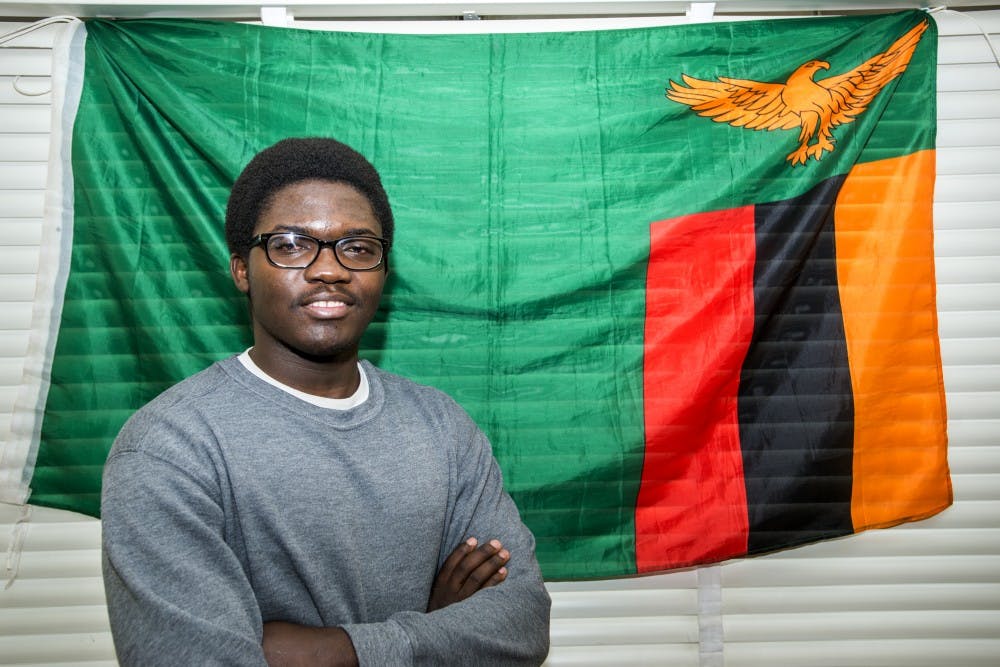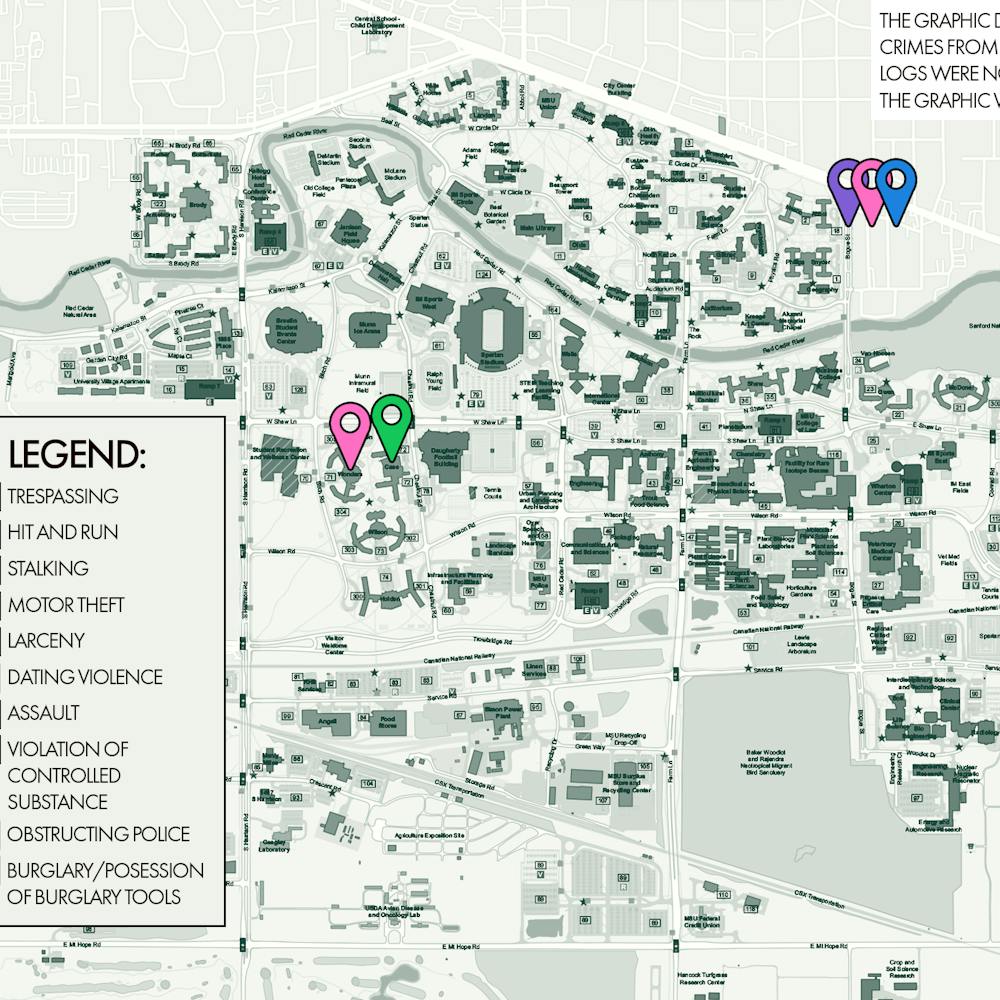A James Madison College freshman from Zambia has found a home at MSU after dedicating most of his life to children’s rights and climate change advocacy. Luyando Katenda was involved with the UNICEF child ambassador program, spoke at a TEDx talk, was mentioned in the ”100 under 30” edition of the Young Real Leaders and co-founded a group that prides itself on being “agents of change.”
“We decided to form an organization for ourselves as a way of promoting youth leadership in our country,” Katenda said. “We formed an organization called Agents of Change Foundation Zambia.”
The organization uses radio as a platform for young people to use their voices. From debates to interviews, ACF teaches young Zambian people confidence and other skills. Katenda said radio is the most accessible to people and easiest to teach to others.
Before MSU, Katenda attended the African Leadership Academy, or ALA, for two years.
“Because of ALA, I was exposed to (The MasterCard Foundation) scholarship,” Katenda said. He is one of the recipients of The MasterCard Foundation Scholarship. The scholarship program awards promising undergraduates and graduate students from sub-Saharan Africa full-ride scholarships to MSU.
Now that he is at MSU, Katenda has been focusing on academics primarily, but he has been involved with one on-campus group.
“I was also a part of what is called the African Student (Leadership) Association, which is a debate-type organization,” Katenda said. “We talk about Africa, obtaining challenges and how to solve them.”
Though Katenda has not narrowed down a major, he said he suspects it’ll be international relations.
“Part of the inspiration to be passionate about climate change arises from the fact that not many people know about the effects of climate change back home,” he said.
Katenda said it is pivotal to put oneself in the center stage of the discussion.
“People from my country, we are the most affected,” he said. “There is not enough adaptive measures to climate change.”
Katenda said if there was flooding in his country, the children would not be able to go to school and get a quality education.
In the future, Katenda aspires to work as a diplomat for the United Nations or work in the public sector back in his home country.







